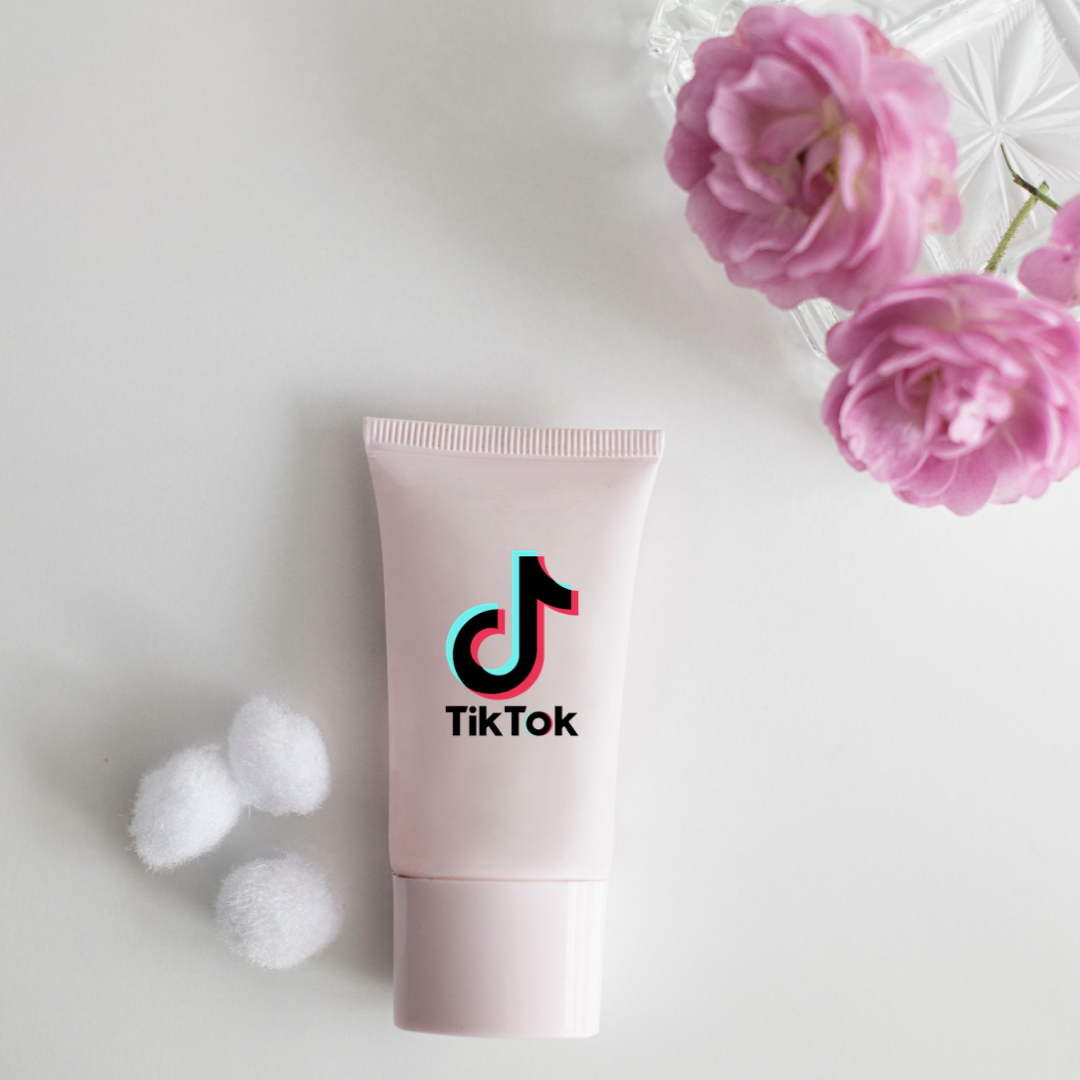I’ve been discovering many new beauty tricks on social media and I love it. It saves me a lot of time and surely, it’s fun. Except some of these tricks seem kind of dangerous and that made me question what dermatologists say about them. That’s why I’ve done my research and I am breaking down for you some of these viral beauty trends on TikTok that you’ve been seeing and whether doctors recommend them or not.

Coffee as a face scrub.
Okay, for all we know coffee can be an incredible exfoliant. It helps to get rid of dead skin cells and allows new skin cells to turnover. So, what’s the problem with it? Well, the coffee grounds are simply too large and can cause microtears in the facial skin. As it follows, this can only worsen acne or rosacea, for example. Additionally, it leaves the skin at risk for infections. So, avoid using coffee as a facial scrub.

Self-diagnosing and treating skin problems at home.
We’ve all been there, done that. Despite that doctors suggest that we can try drugstore products but if things don’t improve or get worse, then you should seek professional help. After all, that’s what dermatologists are here for.

Natural skin care, or how natural it is.
We’re obsessed with buying all-natural, bio, clean beauty products. But, what does that mean? That those products contain no parabens, fragrances, sulfates, phthalates and dyes. However, there’s no such definition as a “clean beauty product”, so it really depends on the brand. For instance, many labels use botanical ingredients but that does not make them any safer than conventional beauty products. Yet, all of the brands include chemicals, because let’s face it, even water is one.
Can wearing sunscreen block Vitamin D from production?
Of course not. Protect yourselves, ladies. First, according to scientific research, most people don’t even apply enough sunscreen and even when applied properly, one still has enough exposure to UVB rays.
Hair growth products that work within days.
Yes, we have seen ads that promote hair growth within a week or even within 3 days. As much as we would like to believe in them. It’s impossible. In line with science, it’s proven that hair grows about 2.50 cm of hair a month on average.
Are all fragrances in skin-care actually bad?
According to studies, only 2 to 4% of people are allergic to fragrances. The ones that should really be careful with fragrances are people with inflammatory skincare conditions like eczema, psoriasis, acne, or rosacea.
Overnight results do not happen after using a skincare product just one time.
One of the most popular viral beauty trends on TikTok is the drastic overnight result that people demonstrate, after using a beauty product just one time. Sadly, in reality, it takes 3, sometimes up to 6 weeks of consistent use in order to see actual results. So, just take your time and be patient with skincare products.

Using sunscreen to highlight and contour.
Evidently, I was quite shocked to find out that TikTokers have been using SPF to contour and highlight their faces. However, Gwyneth Paltrow has displayed something similar in her beauty routine for Vogue so it comes as no surprise. In the controversial video, the actress explains that she doesn’t apply sunscreen “head to toe,”. She then only spreads it around areas “where the sun really hits,” which include the tops of her cheekbones, nose, and under her eyes. In the opinion of doctors, this trend is a massive skincare no-go, because you should be applying SPF everywhere evenly. By everywhere they mean those areas of the face and body that are exposed. It’s also a fact that people only apply 25 to 50% of the recommended amount of sunscreen. What experts suggest is that you use at least an SPF 30 all over your body and reapply every 2 hours. Choosing to protect certain areas of your skin only has to be one of the most dangerous viral beauty trends on TikTok.
Silicone (found in primers, foundations and moisturizers) promotes softness and smoothness, but does it really block pores?
Silicone is synthetically made from silicon, oxygen, hydrogen and carbon. This is what gives its conditioning and emollient properties which help the skin to stay hydrated and prevent moisture loss. While many beauty brands proudly manifest to be silicone-free, it emerges that there’s actually nothing wrong with silicone. According to a study that compared silicones to other ingredients. The results proved that dimethicone, a type of silicone frequently used in skincare products, is suitable for people with acne and others with sensitive skin. In fact, it is non-comedogenic and hypoallergenic. Considering this information, we can conclude that it does not block pores or cause acne.
